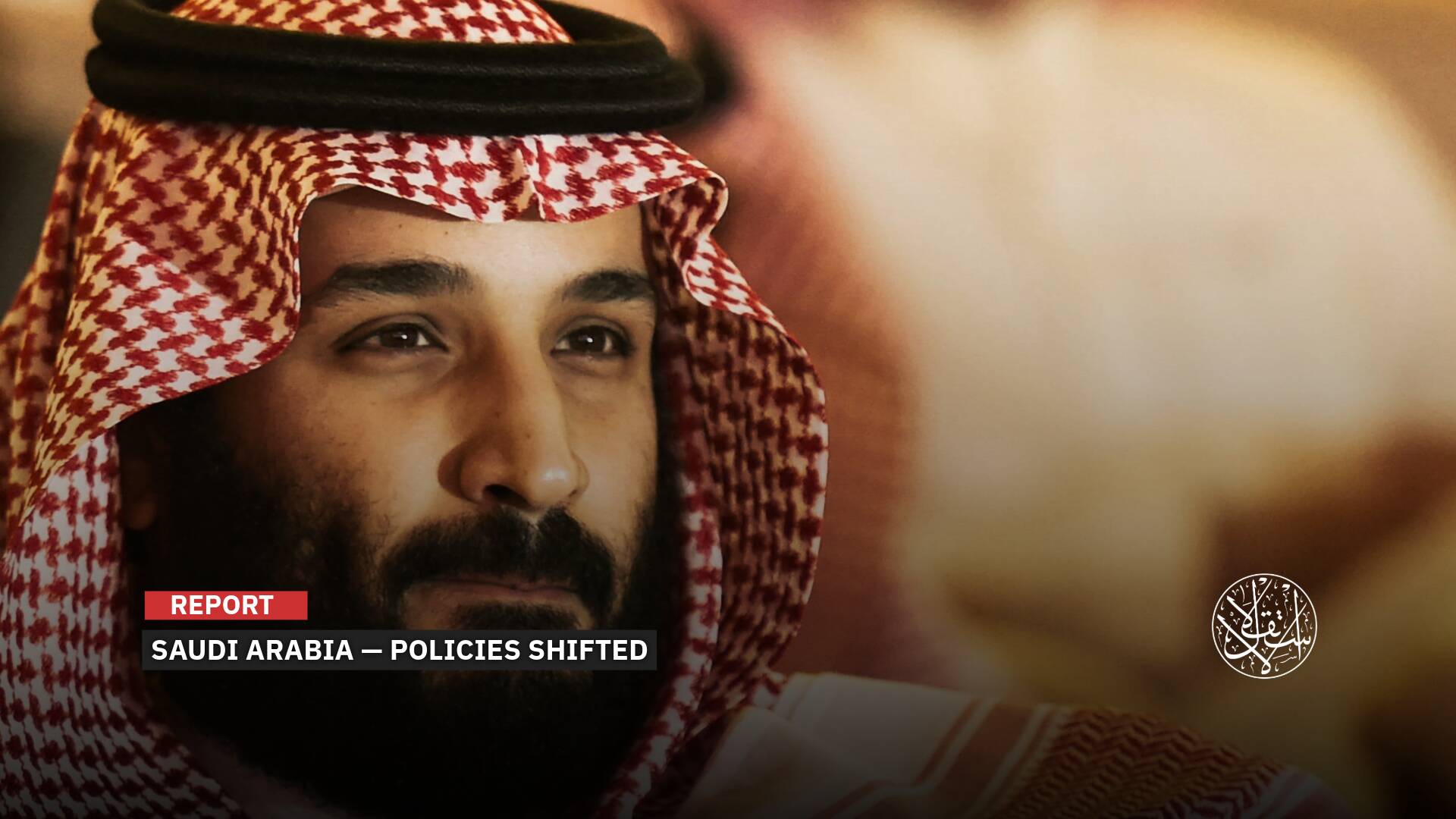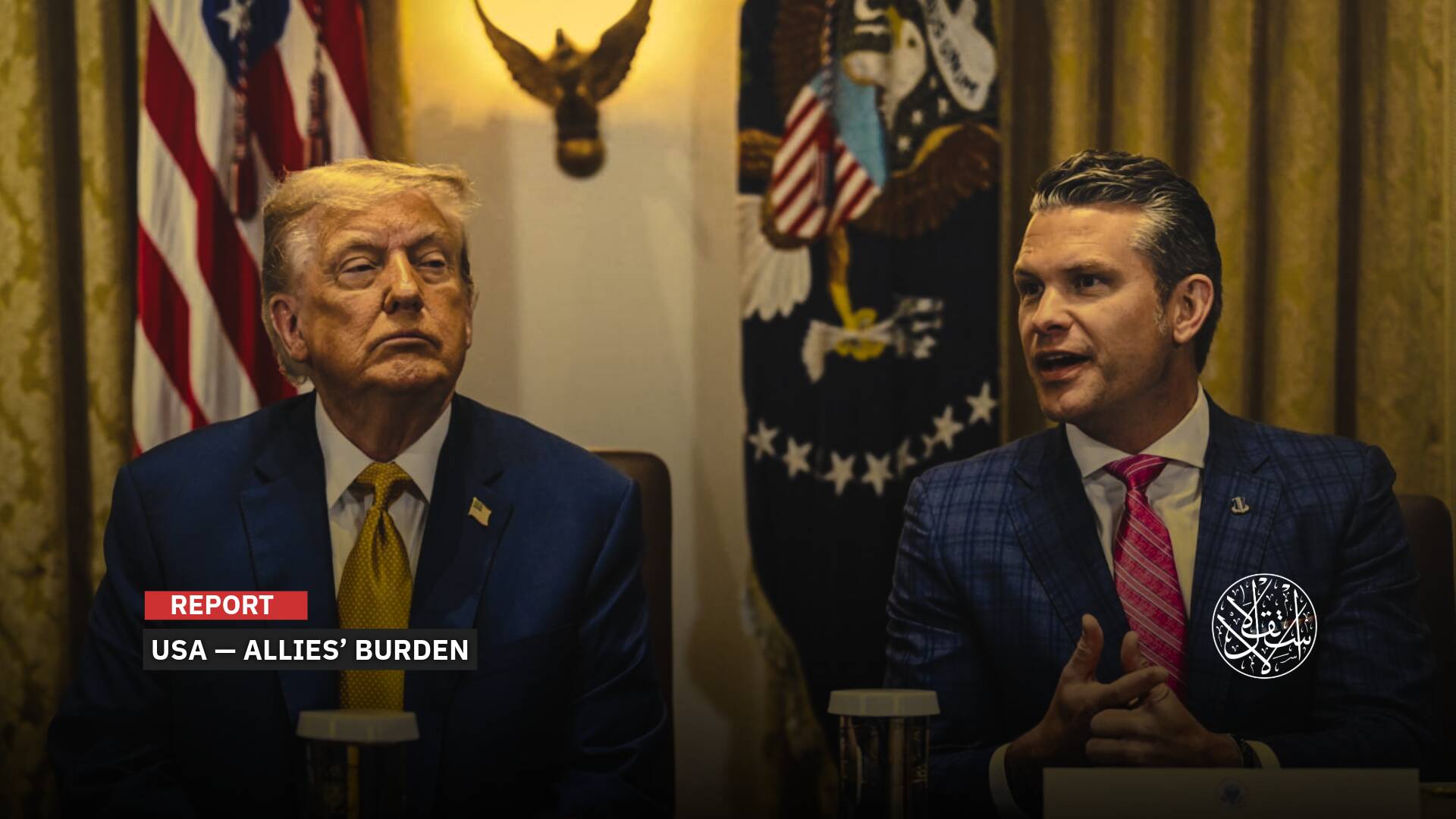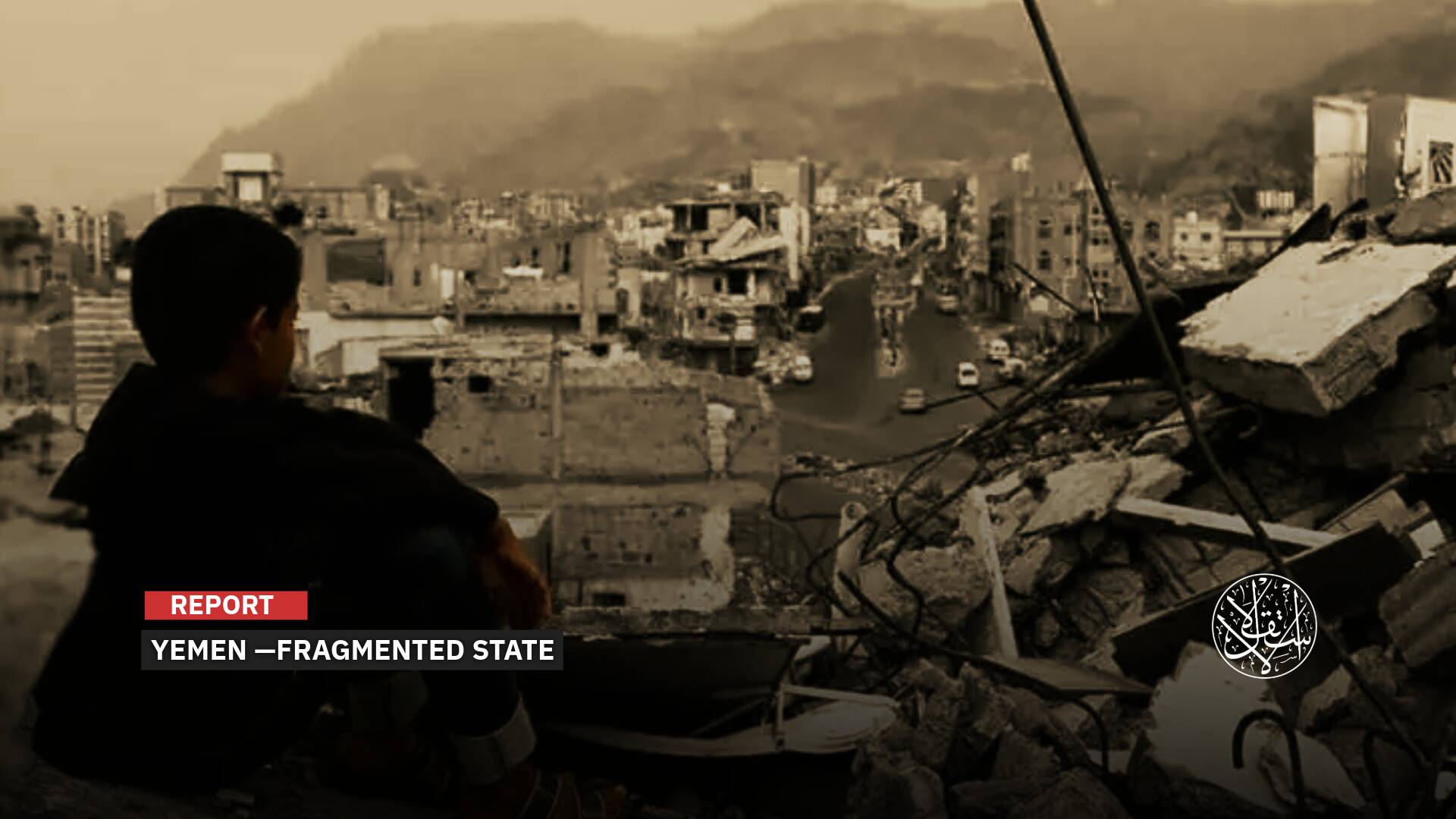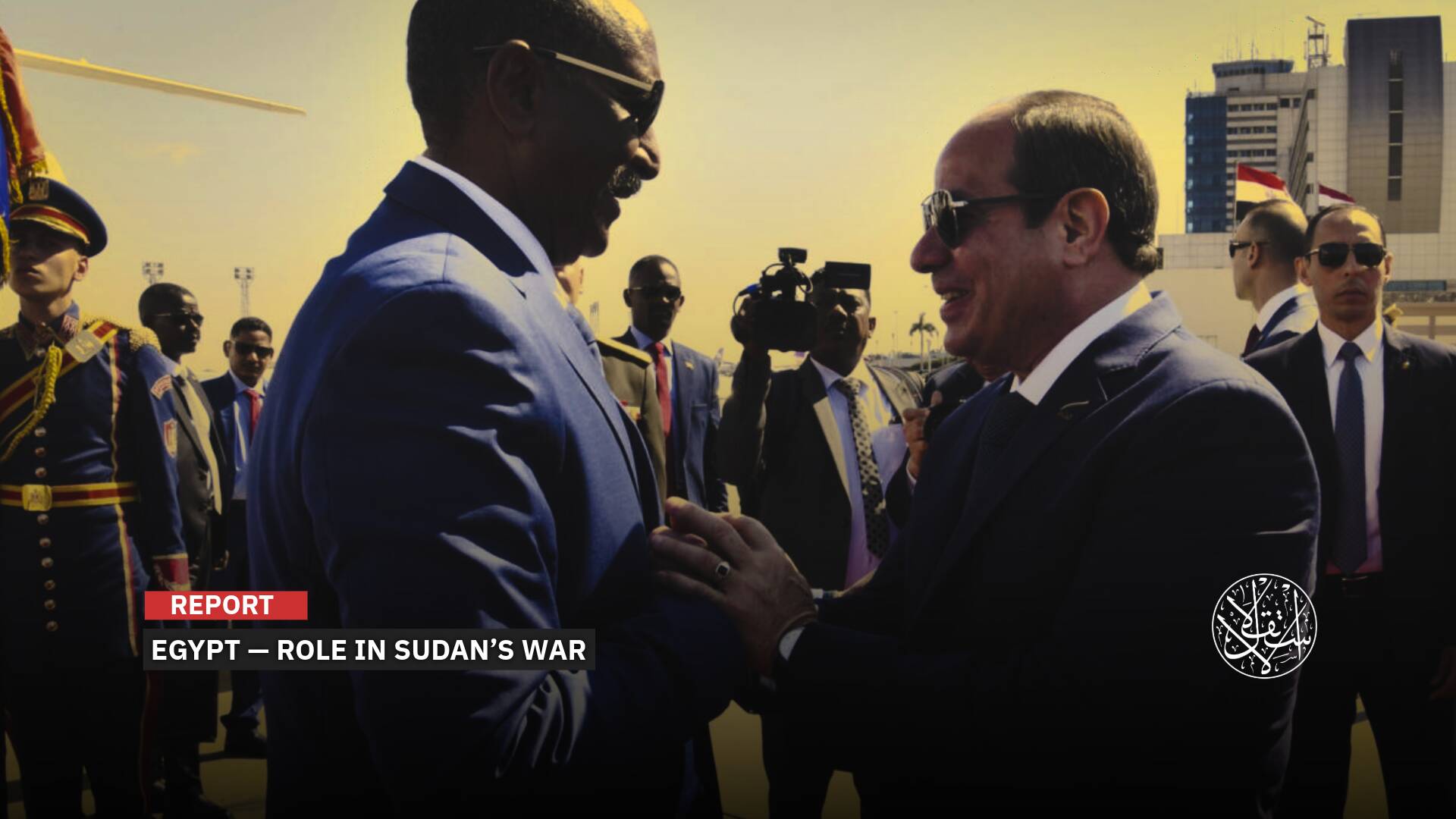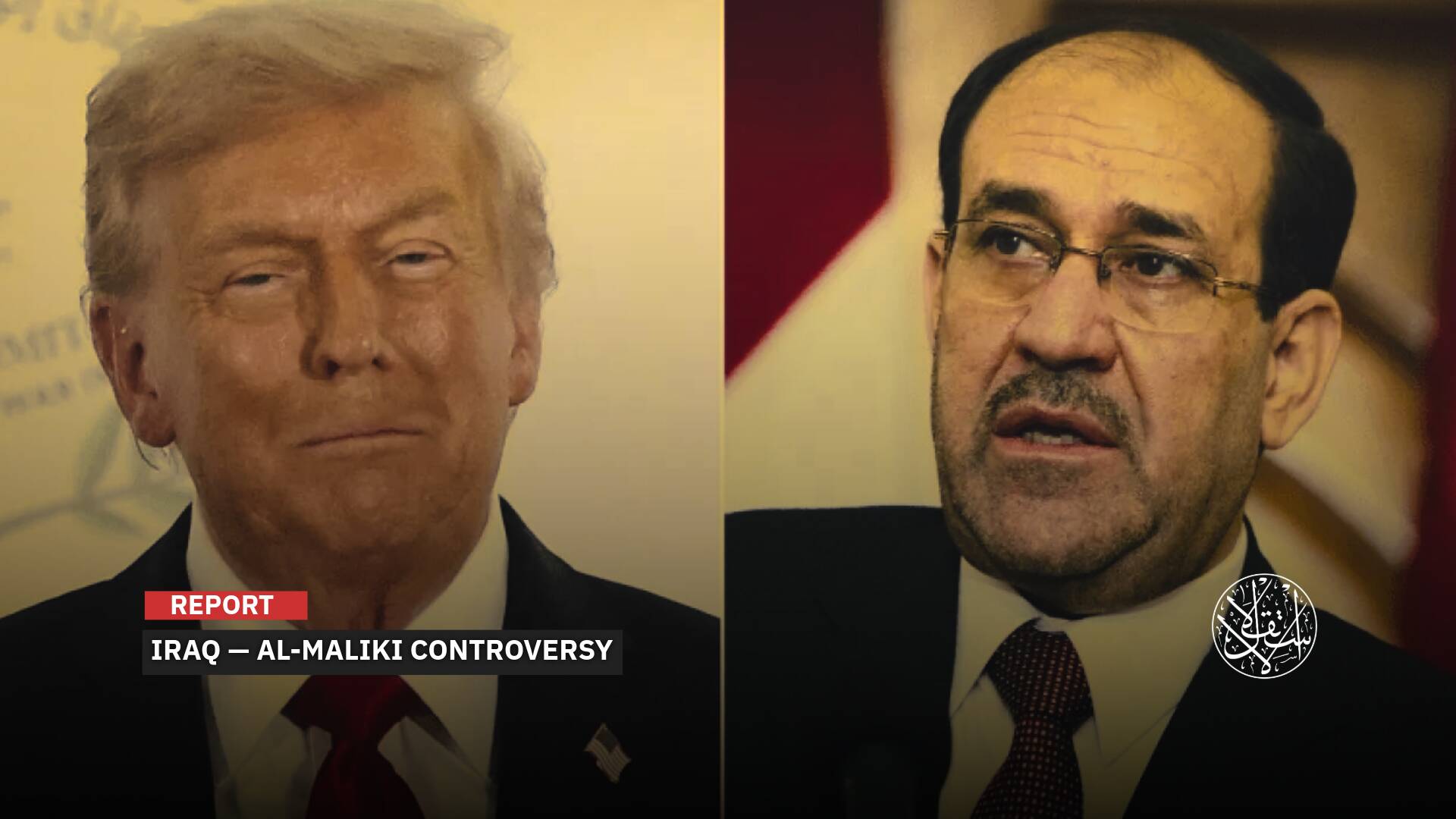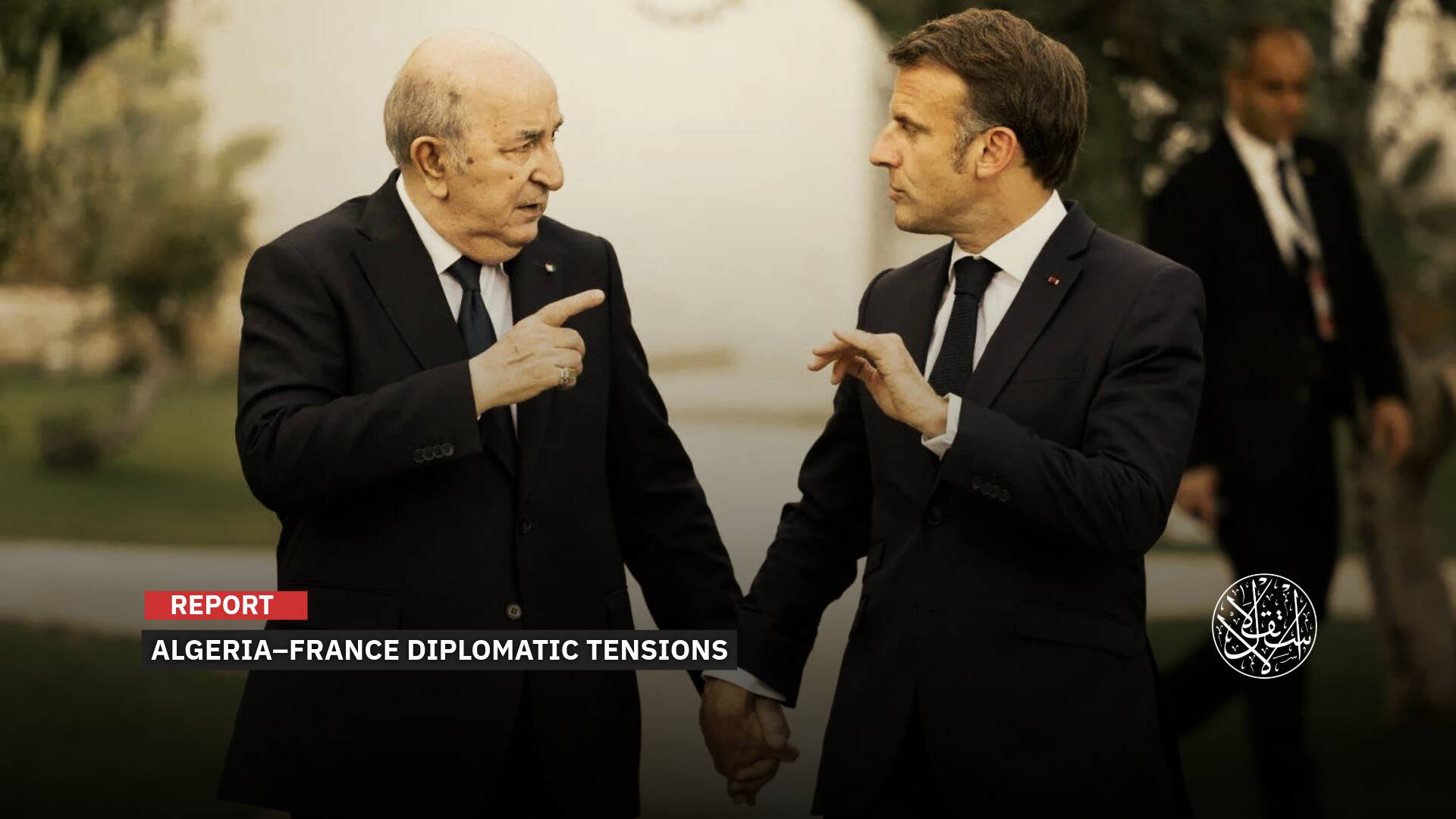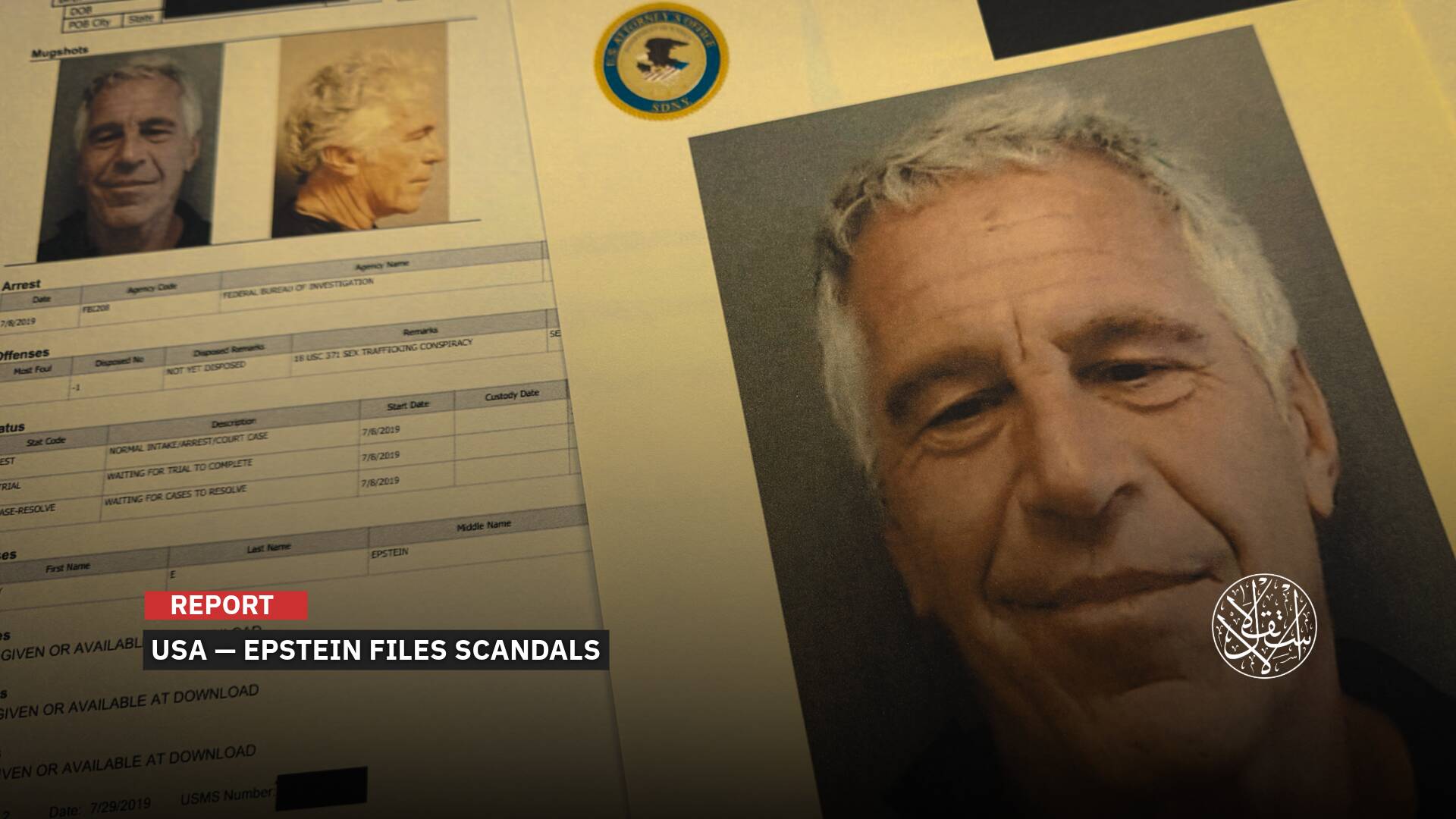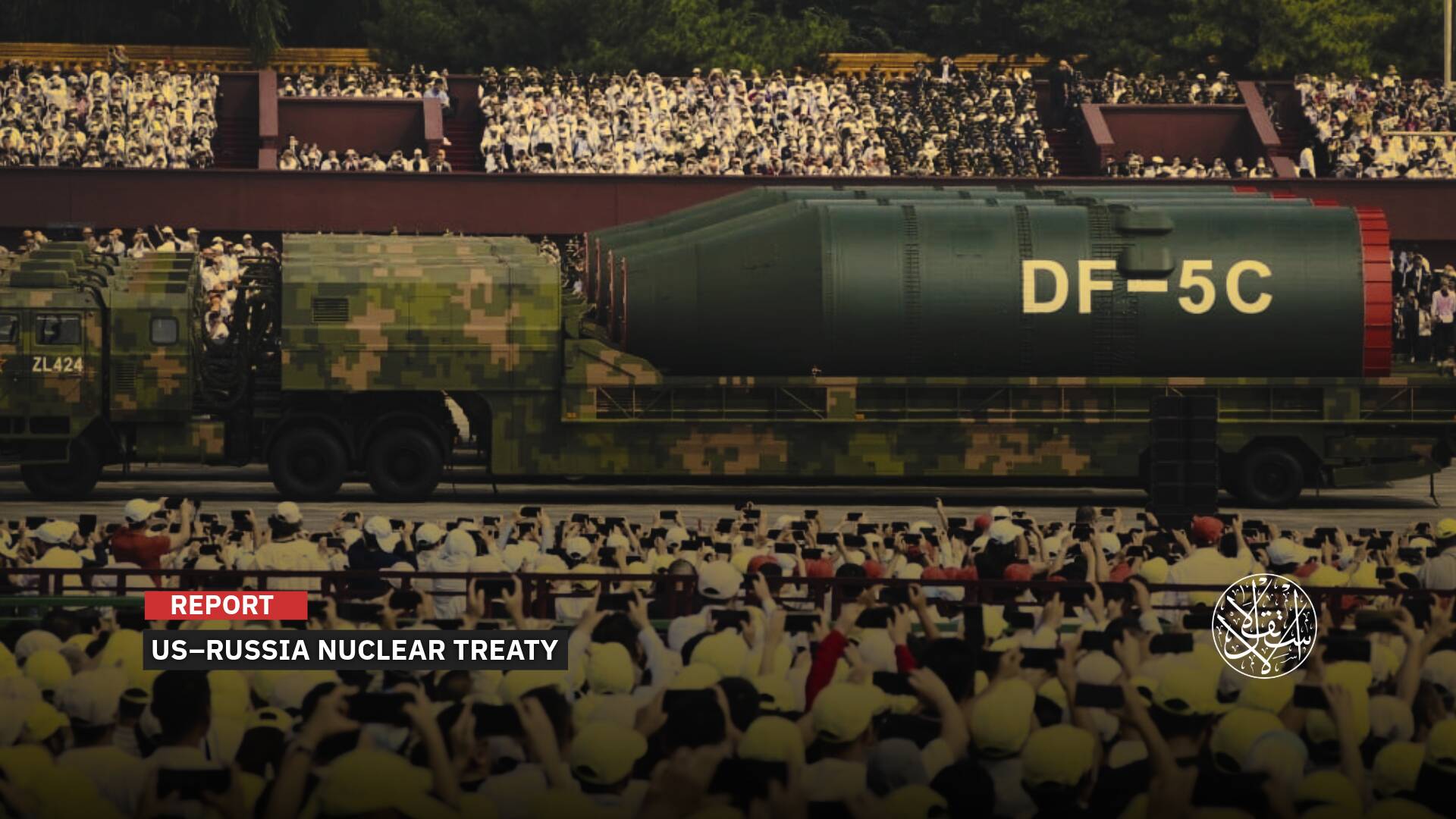After a Historic Referendum: Is Mali and France’s Relationship Over for Good?

Mali, a predominantly Muslim nation in West Africa, held a constitutional referendum in June that could reshape its fragile political landscape after a military coup ousted President Bah Ndaw nearly three years ago.
The referendum, which was organized under pressure from the regional bloc ECOWAS and endorsed by 97% of voters, was hailed by Colonel Assimi Goita, the coup leader who declared himself interim president, as a crucial step toward restoring civilian rule and holding presidential elections in February 2024.
But the vote does not guarantee a peaceful democratic future for Mali, where political change may not materialize despite the military’s pledges. One thing, however, seems to have changed irreversibly: Mali’s relationship with France.
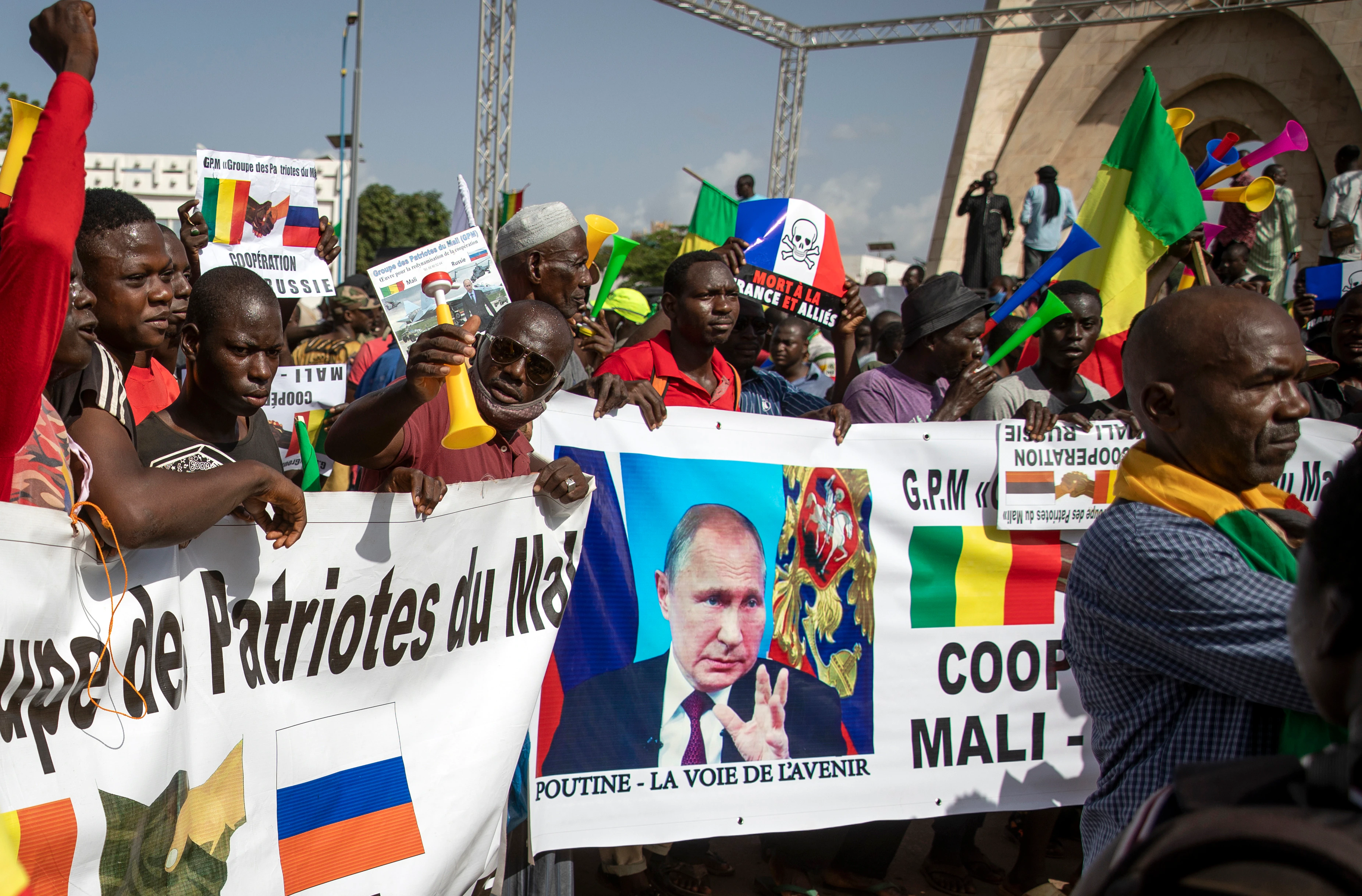
Expelling French Forces
The referendum came less than a year after Mali expelled French forces from its territory, ending a decades-long partnership that aimed to combat Islamist militants in the Sahel region.
The constitutional changes reflect a radical break with France, the former colonial power that imposed a secular identity and the French language on Mali, a country where Islam has been the dominant religion for more than a millennium.
The new constitution demotes French from an official language to a working language, giving priority to local languages, including Arabic, and opening the possibility of abolishing it altogether in the future.
France’s influence in Bamako has crumbled overnight, and Mali has emerged as a potential leader of an anti-France movement that could spread across North and West Africa, where a new generation of Africans sees France’s presence as nothing but a colonial legacy.
Paris can no longer maintain its grip on its former sphere of influence, and Mali may be the starting point of its decline.
The constitutional provisions related to identity, namely state secularism and the primacy of the French language, were among the most contentious issues among the elites who sought to remove the colonial remnants of the French era from the constitution that had been in place for decades.
Despite gaining independence in 1960, Mali remained detached from its ancestral identity, especially after the 1992 constitution that preserved the colonial heritage by secularizing the state and making French the official language in a Muslim country that speaks Arabic and other languages that reflect its rich cultural and historical heritage.
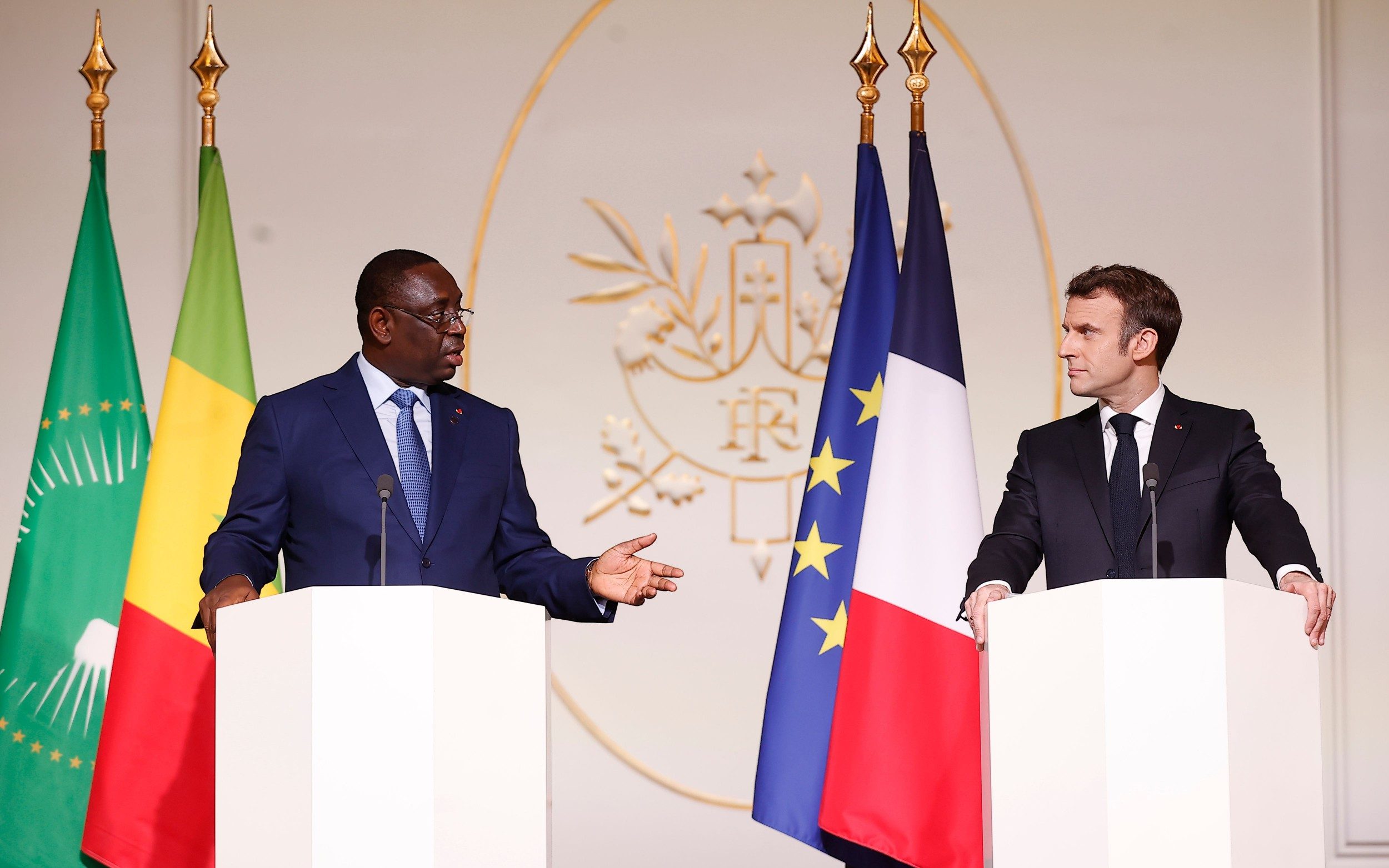
Role Failure
As President Emmanuel Macron of France arrived in West Africa, he faced a stark reality: France’s influence in the region was waning, challenged by rising competitors like Russia, China, and Turkey, and undermined by its own missteps in North and West Africa.
From backing the wrong side in Libya’s civil war to clashing with Algeria over diplomatic disputes, France has alienated some of its former allies and partners.
But nowhere was its defeat more evident than in Mali, where it was once the dominant power.
In January 2022, Mali expelled the French ambassador, in a stunning blow to Paris since its departure from West Africa.
Days later, the prime minister told a Turkish news agency that Mali considered anything French as a direct enemy, threatening its security and stability.
The move was the culmination of a coup in late 2021 that ousted the French-backed government and ushered in a new elite that sought to end France’s tutelage over Mali’s security, military and political affairs.
The change also reflected a deeper cultural shift, as many Malians embraced Arabic as a language of Islam and rejected French as a symbol of secularism.
The new constitution removed French as an official language but kept the secular nature of the state, despite growing popular demand for more religious influence.
The amendment committee ignored the voice of the street, where Arabic was seen as a way to challenge French secularism one day.
France’s humiliation was complete when Macron announced in February 2023 that he would withdraw French forces from Mali, ending Operation Barkhane, which began nearly a decade ago at the request of Mali’s transitional government to counter jihadist militants.
The French military intervention initially succeeded in restoring control but soon faltered as the crisis morphed from a power struggle to an ethnic civil war.
Rebel groups multiplied and attacked the authorities, while Macron faced mounting anger from officials and crowds alike.
His planes bombed a wedding party, killing 19 civilians, in an incident that drew condemnation from the United Nations and fueled anti-French sentiment.
France also played a contradictory and pragmatic game, rejecting dialogue in Mali while supporting a military takeover in Chad, despite opposition from political and armed groups.
Macron’s main motive was to protect France’s interests in the Sahel countries, where it still exerts financial control over 14 former colonies that deposit 50 percent of their foreign reserves in Paris. But his strategy backfired, as he lost his grip on Mali and other parts of West Africa.
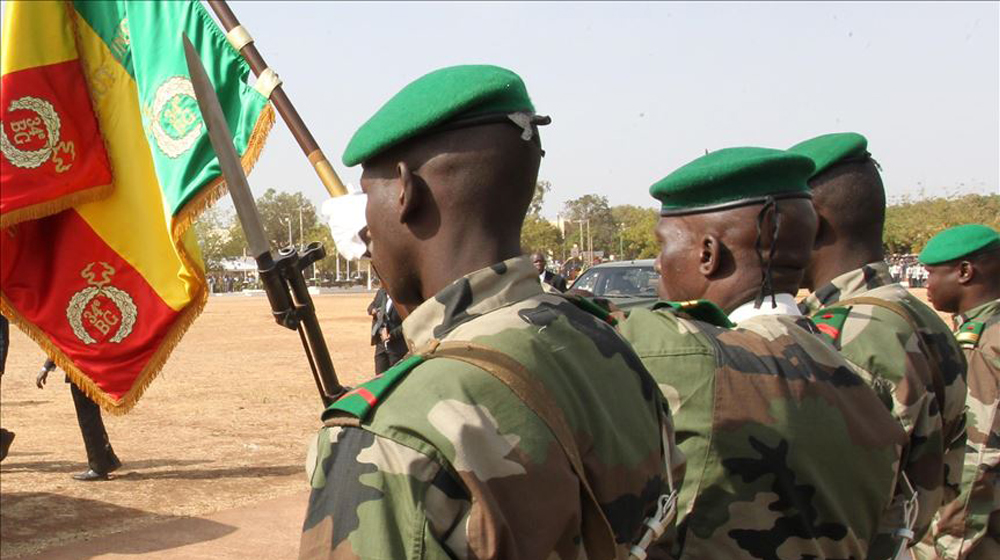
Military Intervention
France’s military intervention in Mali, which began in 2013 and continued under two successive presidents, has failed to achieve its stated objectives of restoring peace and preventing the spread of Islamist militants in the West African nation.
Instead, the only tangible outcome for France has been to tighten its grip on Mali’s resources and influence.
But that grip is slipping, as Mali’s military junta, which seized power in a coup last year, has defied France and sought to end its dependence on its former colonial ruler.
The junta has announced the termination of all defense agreements with France, prompting Paris to accuse it of stalling the transition to civilian rule and siding with Russia.
France has also used its clout to mobilize the Economic Community of West African States (ECOWAS) to impose economic sanctions on Mali, including closing borders, freezing bank accounts, recalling diplomats, and suspending cooperation, except for humanitarian aid.
The junta has capitalized on the growing resentment against France among many Malians, who see its military presence as an occupation and a failure.
The junta has requested security assistance from Russia and its private military contractor, Wagner Group, which has been expanding its footprint in Africa by offering services to embattled governments and armies.
The junta has also pressured the United Nations to end its peacekeeping mission in Mali and reduce foreign forces until a complete withdrawal by January 2024, ahead of the scheduled presidential elections in a country plagued by constitutional and security crises.
France’s loss of influence in Africa is partly due to the emergence of more savvy competitors and new players, such as China and Russia.
Moscow, which saw its old sway over the continent diminish after the collapse of the Soviet Union in 1991, has reasserted itself after three decades through Wagner’s security assistance.
Moscow has also exploited the vacuum left by France’s withdrawal from Mali to increase its activity in neighboring countries such as Burkina Faso and the Democratic Republic of Congo, where French military operations have also faltered.
The sight of protesters waving Russian flags after a coup in Burkina Faso was another sign that France’s presence in the region is unraveling.



